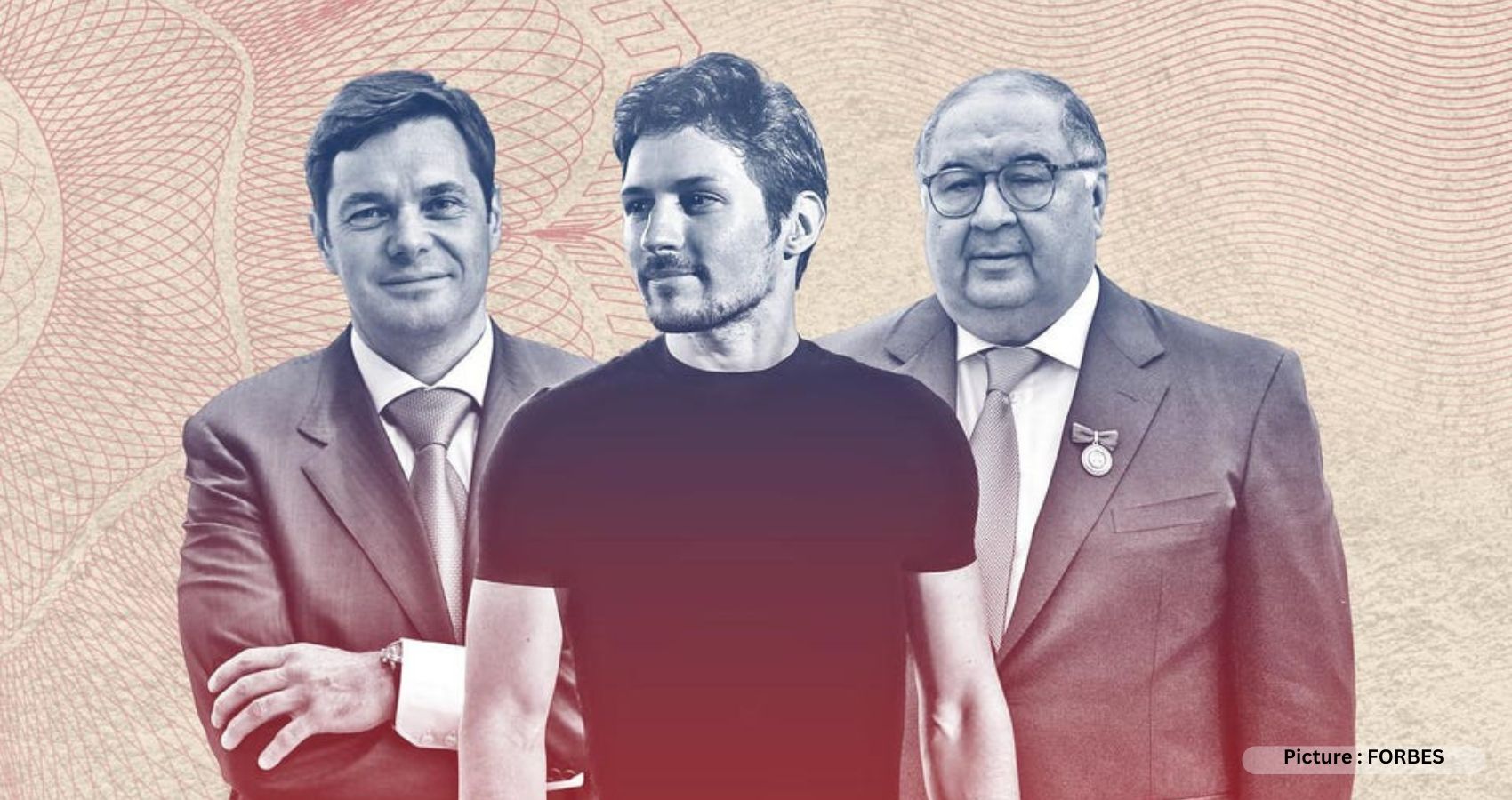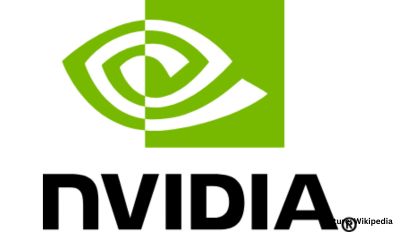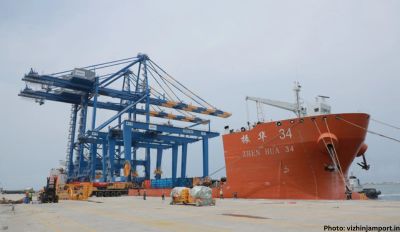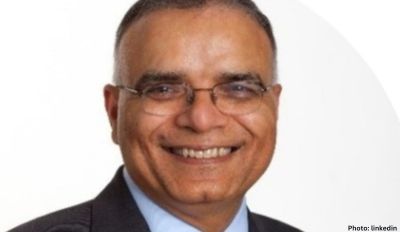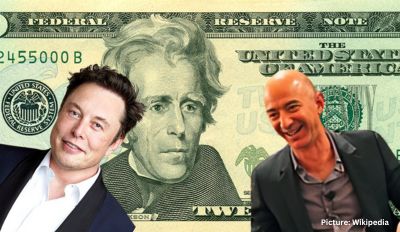Russia’s richest individuals have seen their collective wealth increase by $152 billion over the past year, according to Forbes Russia. The billionaires on Forbes’ list increased to 110, up 22 from last year, and their total wealth has grown to $505 billion. However, the list would have been longer if it were not for five billionaires renouncing their Russian citizenship.
The Forbes’ report highlights that “last year’s rating results were also heavily influenced by predictions about the Russian economy, which led to apocalyptic projections”. Forbes said the total wealth of Russia’s billionaires had reached $606 billion in 2021, before the Ukrainian war.
Despite the war, which led to the West imposing severe sanctions on Russia’s economy, the country was able to sell oil, metals, and natural resources to global markets, particularly to China, India, and the Middle East. Last year, the price of Urals oil, the lifeblood of the Russian economy, averaged $76.09 per barrel, up from $69 in 2021, and fertilizer prices were high.
The International Monetary Fund (IMF) raised its growth forecast for Russia in 2023 to 0.7% from 0.3% earlier this month, but lowered its forecast for 2024 to 1.3% from 2.1%, citing labor shortages and the exodus of Western companies that could harm the country’s economy.
According to Forbes’ Russia list, Andrei Melnichenko, who has made a fortune in fertilizers, was the country’s richest man, with an estimated worth of $25.2 billion, more than double his estimated worth from last year. Vladimir Potanin, the president and biggest shareholder of Nornickel, the world’s largest producer of palladium and refined nickel, was ranked as the second wealthiest person in Russia with a fortune of $23.7 billion. Vladimir Lisin, who controls steelmaker NLMK and was ranked as Russia’s richest person last year, was placed third on the Forbes Russia list with a fortune of $22.1 billion.
Over the past year, several billionaires renounced their Russian citizenship, including DST Global founder Yuri Milner, Revolut founder Nikolay Storonsky, Freedom Finance founder Timur Turlov and JetBrains co-founders Sergei Dmitriev and Valentin Kipyatkov. The Forbes’ report suggests that Russian domestic demand has remained strong despite years of sanctions, as new billionaires have emerged from snacks, supermarkets, chemicals, building, and pharmaceuticals.
The billionaires on the Forbes’ list made their fortunes during the Soviet Union’s collapse, and a small group of tycoons known as the oligarchs convinced the Kremlin to hand over control of some of the world’s largest oil and metals companies. The privatization deals often catapulted the tycoons into the league of the world’s wealthiest individuals. Under Putin, original oligarchs, such as Mikhail Khodorkovsky and Boris Berezovsky, were stripped of their assets, which eventually ended up under the control of state companies typically run by former spies.
Western sanctions are viewed as clumsy and even racist by many of Russia’s billionaires. Although sanctions have disrupted some industries, the country has diversified its exports and attracted investments from non-Western economies. Also, domestic demand has remained strong, with middle-class Russians weathering the economic downturn.
Russia’s billionaires have become more prominent in the nation’s politics, with some billionaires financing opposition parties, while others support Putin’s United Russia party. The Kremlin has vigorously resisted Western efforts to curb the influence of Russian billionaires, even as several have become subject to international investigations, raising suspicions of corruption and fraud.
The nation’s economic progress in recent years has prompted some observers to question whether Putin’s aggressive foreign policy and authoritarian rule are sustainable. The Kremlin has used the nation’s newfound wealth to promote its agenda abroad, including military interventions in Syria and the Middle East. However, Russia’s economic growth is now showing signs of stagnation. The nation’s GDP growth rate has been below 2% since 2013, and economists predict it will stay that way until structural reforms are undertaken.
In conclusion, Russia’s billionaires have seen a sharp increase in their collective wealth over the past year, driven by high commodities prices and their ability to diversify into non-Western economies. Despite years of sanctions and geopolitical tensions, their domestic businesses have remained buoyant. However, geopolitical risks and structural challenges could threaten the nation’s continued economic growth.

